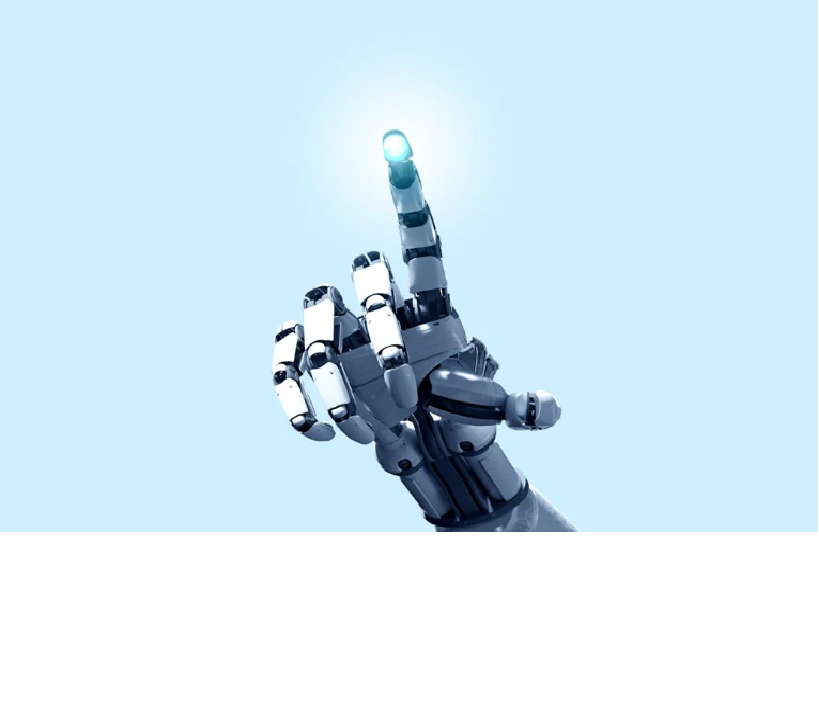
Artificial intelligence is a machine’s ability to perform some cognitive functions we usually associate with human minds.
Humans and machines: a match made in productivity heaven. Our species wouldn’t have gotten very far without our mechanized workhorses. From the wheel that revolutionized agriculture to the screw that held together increasingly complex construction projects to the robot-enabled assembly lines of today, machines have made life as we know it possible. And yet, despite their seemingly endless utility, humans have long feared machines—more specifically, the possibility that machines might someday acquire human intelligence and strike out on their own.
But we tend to view the possibility of sentient machines with fascination as well as fear. This curiosity has helped turn science fiction into actual science. Twentieth-century theoreticians, like computer scientist and mathematician Alan Turing, envisioned a future where machines could perform functions faster than humans. The work of Turing and others soon made this a reality. Personal calculators became widely available in the 1970s, and by 2016, the US census showed that 89 percent of American households had a computer. Machines—smart machines at that—are now just an ordinary part of our lives and culture.
Those smart machines are also getting faster and more complex. Some computers have now crossed the exascale threshold, meaning they can perform as many calculations in a single second as an individual could in 31,688,765,000 years. And beyond computation, which machines have long been faster at than we have, computers and other devices are now acquiring skills and perception that were once unique to humans and a few other species.
AI is a machine’s ability to perform the cognitive functions we associate with human minds, such as perceiving, reasoning, learning, interacting with the environment, problem-solving, and even exercising creativity. You’ve probably interacted with AI even if you don’t realize it—voice assistants like Siri and Alexa are founded on AI technology, as are some customer service chatbots that pop up to help you navigate websites.
Applied AI—simply, artificial intelligence applied to real-world problems—has serious implications for the business world. By using artificial intelligence, companies have the potential to make business more efficient and profitable. But ultimately, the value of AI isn’t in the systems themselves. Rather, it’s in how companies use these systems to assist humans—and their ability to explain to shareholders and the public what these systems do—in a way that builds trust and confidence.
Retrieved from: https://www.mckinsey.com/featured-insights/mckinsey-explainers/what-is-ai



